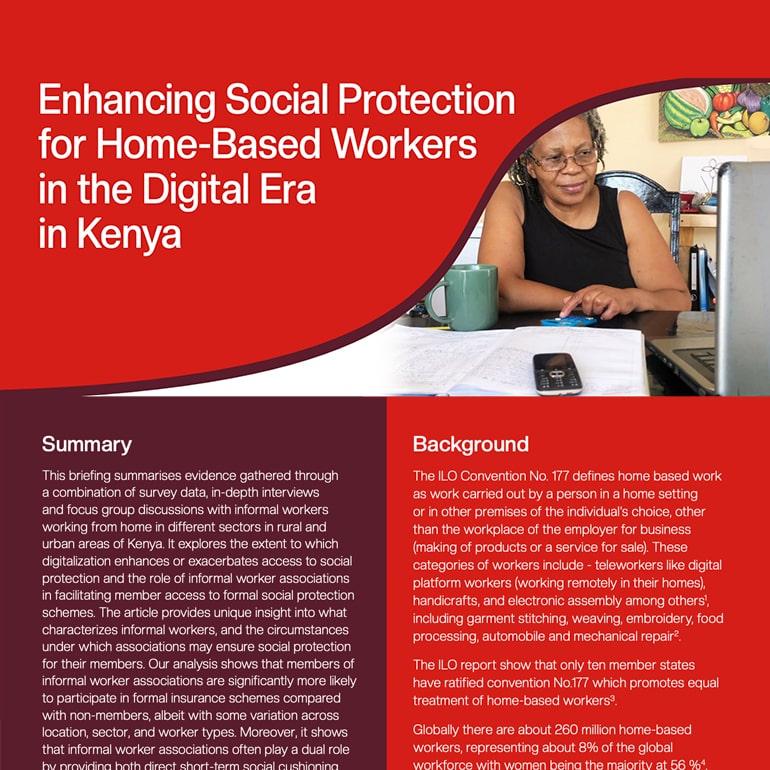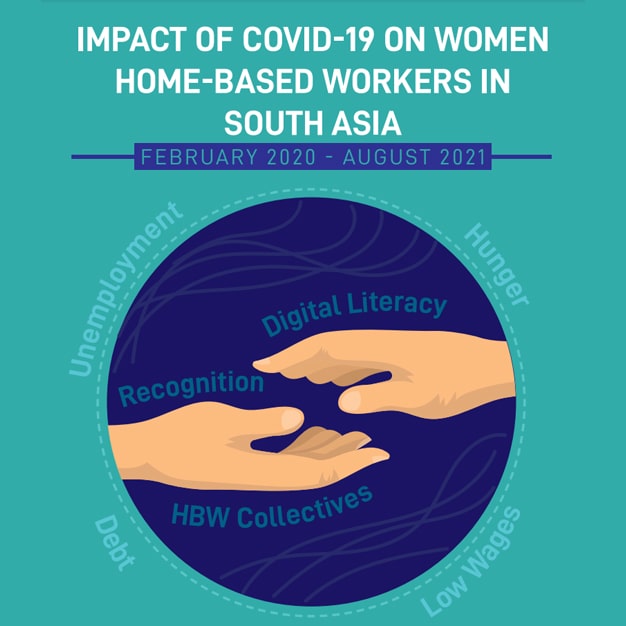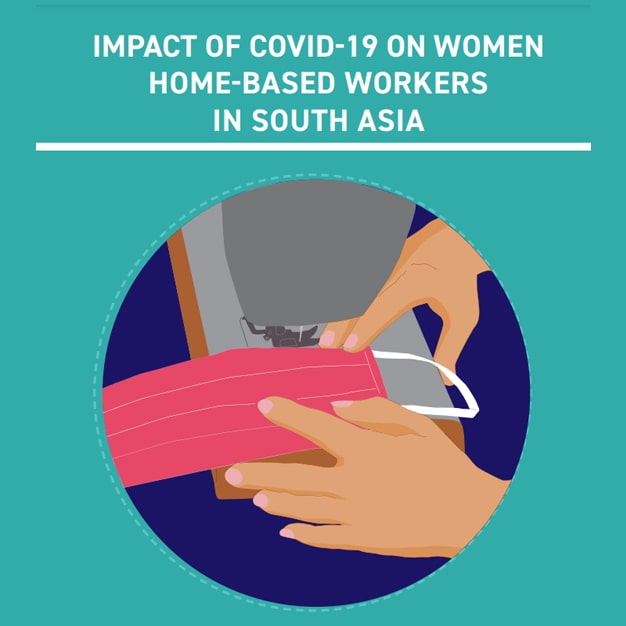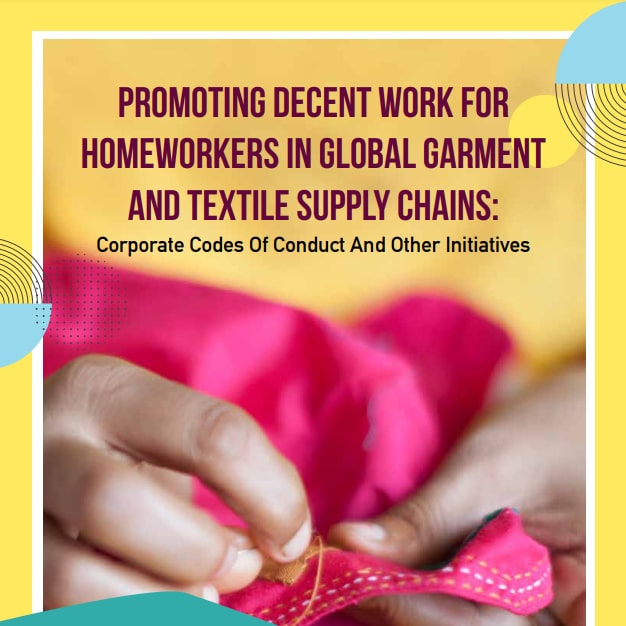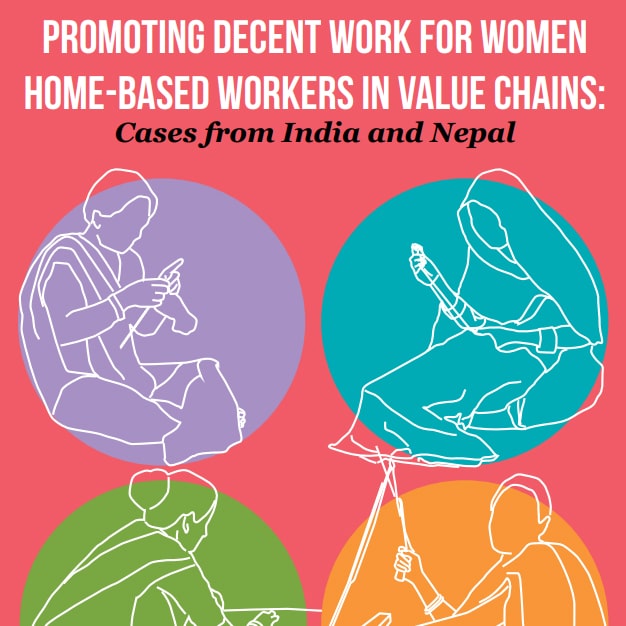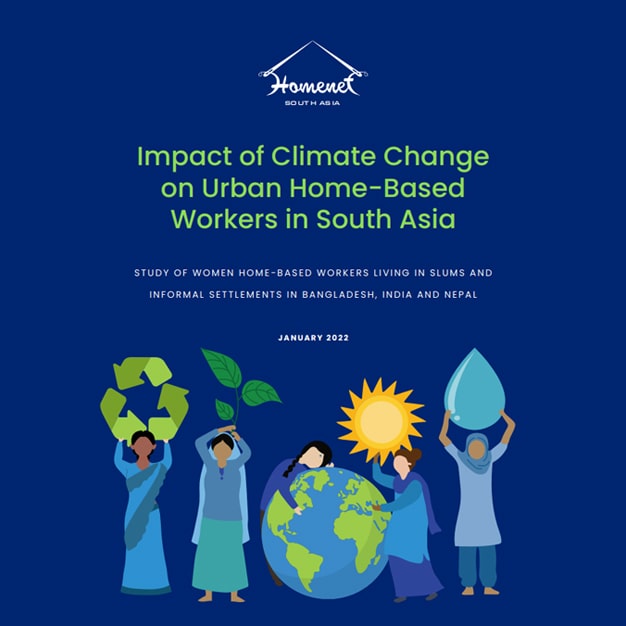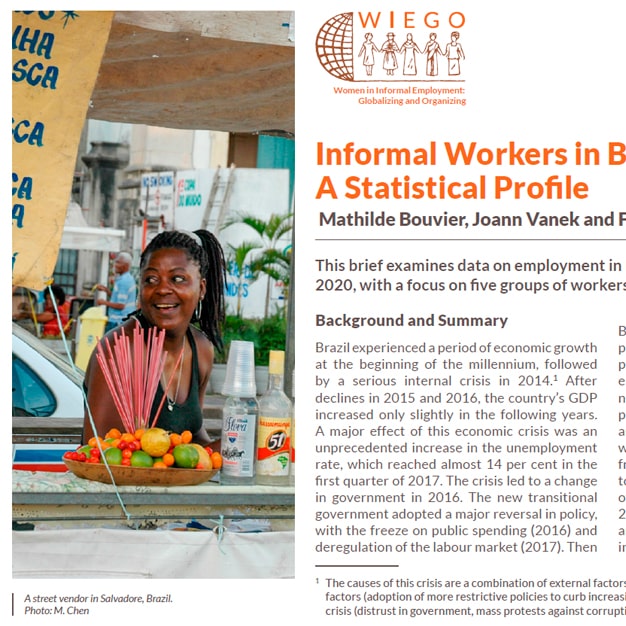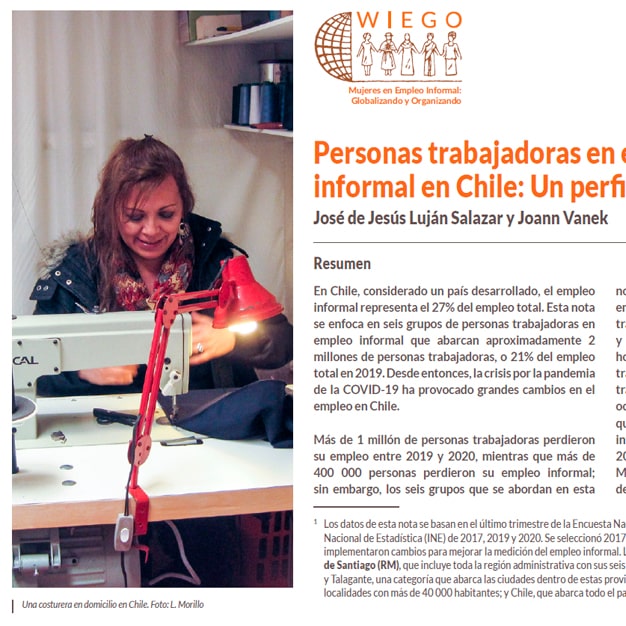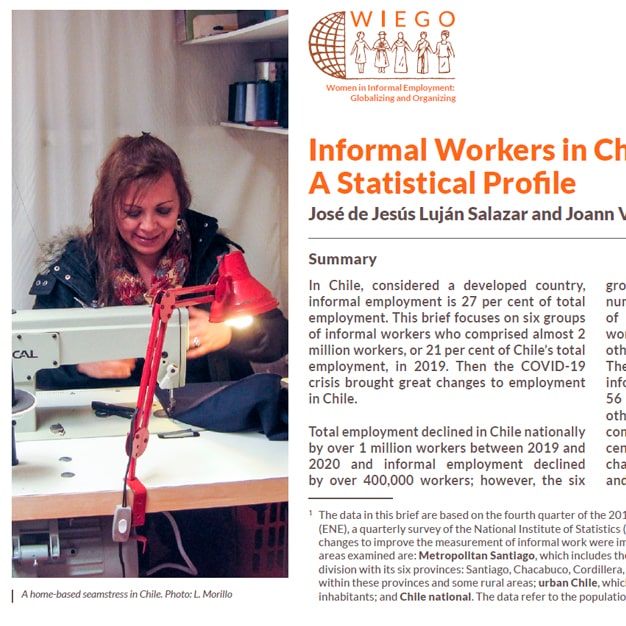This study was conducted at the initiative of affiliates of HomeNet International (HNI), to document the socio-economic conditions of homeworkers – the most marginalized among home-based workers – in the garment and footwear supply chains. Spread across a wide geography, affiliates are organizations of workers in informal employment contributing to diverse economic sectors. They represent the voice of home-based workers (HBWs), persistently striving to secure their worker rights through dialogue with governments and companies.



